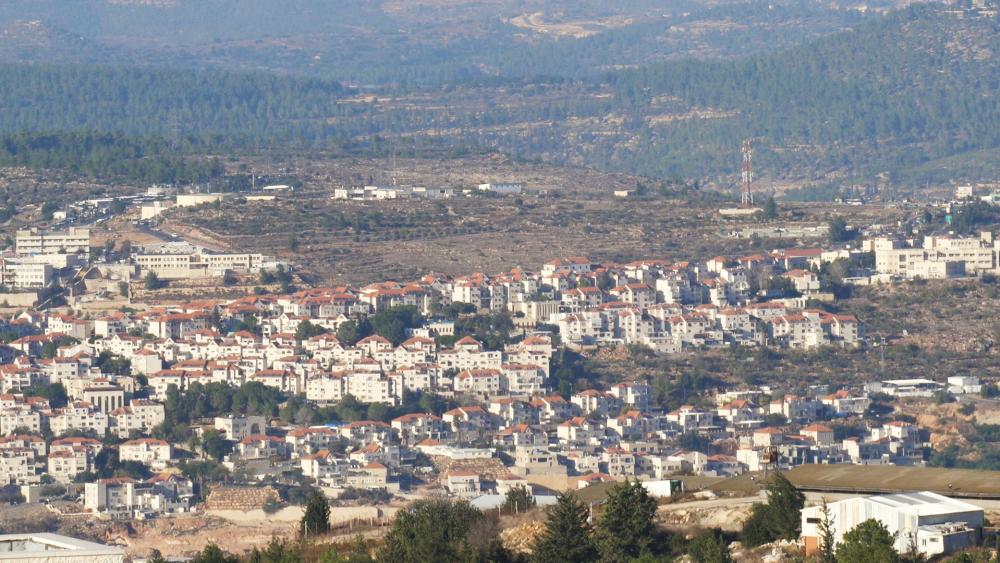US Recognition of Israeli Settlements Creates a 'Revolution'
The surprise US decision to recognize Israeli settlements in the so-called West Bank as legal continues to reverberate in the region. Israelis are rejoicing as they see this land as part of their biblical inheritance.
Israeli Prime Minister Benjamin Netanyahu celebrated the US move by visiting Alon Shvut – a settlement about 15 miles from Jerusalem in the heart of Gush Etzion.
“The Trump administration fixed a historic wrong, stood by truth and justice,” Netanyahu said. “I think it is a great day for the state of Israel and an achievement that will remain for decades."

Gush Etzion, one of Israel’s largest settlement blocks. It’s known in much of the world as the West Bank, but in the Bible its known as Judea, part of Israel’s biblical heartland.
“Judea and Samaria are terms that were used in the Bible,” said Shalev Cayam, CFO of the Gush Etzion Regional Council.
"We’re talking about actual lands that the Jewish people lived in – the stories of Isaiah and the stories of Jeremiah. These stories happened in these lands. These are places where Elijah walked and lived. All these things that we read both in the Bible and that we live in our lifestyle. These are all things that happened here and are now being revived,” Cayman told CBN News.
Shlomo Ne’eman, Head of the Gush Etzion Regional Council, says while Israelis don’t need the world to agree on their biblical right to be here, he’s happy with the historic decision.
“For the number one player in the international arena to add this opinion, that from our standpoint is the right opinion that Jewish settlement in the State of Israel, the Land of Israel, in Judea and Samaria is not against international law, this thing is a revolution,” Ne’eman told CBN News.
Jews established farming communities here before Israel became a state in 1948 but were driven out during the war of independence. After the victorious ‘67 Six-Day War, they returned to rebuild.
Today some 750,000 Israelis live in the region where Palestinians want to establish their own state.

Not everyone agrees with the new US position.
Resolution 2334 “states that Israeli settlement activities are a flagrant violation under international law, a major obstacle to the achievement of the two-state solution and a just and lasting comprehensive peace,” said Stephane Dujarric, spokesperson for the UN Secretary-General.
“The land of Palestine and especially the lands within the 1967 border is a pure Palestinian land, the occupation of this land is illegal and the settlements on this land are also illegal,” said Mofed Nazzal, a resident of the Palestinian city of Jenin.
But Oded Revivi, Mayor of one of the largest settlements, Efrat, believes settlements actually foster peace.
“President Trump is trying to bring us back to the time of the leaders who understood that the settlements, the Jewish towns and cities in Judea and Samaria are not the obstacle for peace. They're rather the anchors which create an example of how Jews and Arabs can live one alongside the other,” said Revivi.
Cayam says it goes even further.
“The words of Isaiah, coming back in the vineyards and coming back and the land actually being uplifted is something that we have been waiting for thousands of years and that’s happening in our eyes,” Cayam said. It’s part of the redemption of the world and not just the redemption of Israel.”




